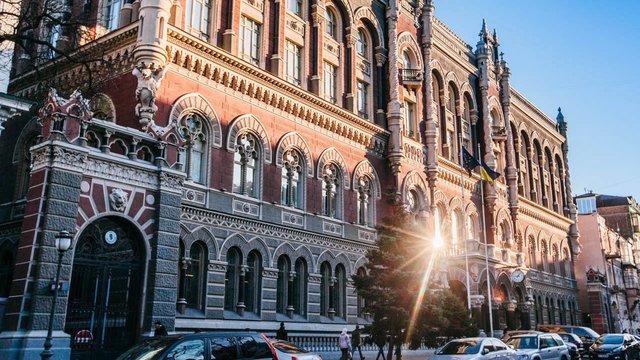National Bank believes in building local capital market in Ukraine

There are real preconditions for developing a local capital market in Ukraine, and with the combined efforts of experts and policymakers, such a market can be built, believes Andriy Suprun, Head of the Corporate Rights and Depository Activity Department at the National Bank of Ukraine (NBU).
"Step by step, I'm confident we can build a local market that's both interesting and attractive, and integrate it effectively into international finance," Suprun said at the roundtable discussion "Capital Market – Why It Is Stalling and How to Address It," recently organized by the Institute for Economic Research and Policy Consulting (IER).
According to Suprun, the current investor landscape in Ukraine is much stronger than it was 5–10 years ago.
As an example, he cited Ukraine's pre-war success in attracting foreign investors to the domestic government bond market through the "link" established with Clearstream, which drew in "billions in foreign currency."
"This international investment market is enormous, and we're just a tiny drop in it – barely noticeable. But even if we attract just a few more drops here, we'll see a very strong multiplier effect," the NBU representative said.
As a second source of investment, he pointed to private investors, whose number has grown tenfold during the war thanks to infrastructure developments, technology, and the coordination of all system participants – including new mobile applications launched by market players.
"During the war, we increased the number of investors in government domestic loan bonds from a few thousand to 200,000 individuals. That's already a sizeable retail market. And having tried investing in government domestic loan bonds, a significant portion of these investors, when the conditions are right – with the introduction of investment accounts, among other things – will eventually want to invest in something else," Suprun said.
Regarding the lack of investment instruments, a concern frequently raised by market participants, Suprun said the issue is currently being discussed with international and private partners.
"After government domestic loan bonds, the next instruments are primarily corporate or municipal bonds. And for them to be interesting and liquid – including for foreign investors – they need to be backed instruments, issued with international guarantees," he explained, adding that the topic of covered bonds is now being actively discussed.
Suprun also disagreed with claims that lifting currency restrictions would collapse the domestic market, pointing again to the example of the Clearstream link.
"I was once told the same thing about government domestic loan bonds: that once we opened the link, there would be no domestic government bonds market left, and everything would trade abroad. The opposite happened – once the link opened, both the domestic and international markets received a strong boost," he emphasized.
"So, we shouldn't frame it as a choice between developing the domestic market or going to external markets. These are parallel, interconnected processes. We must enable access for foreign investment while gradually easing currency restrictions, as planned by the National Bank. At the same time, we should develop the domestic market, as it will generate added value for the entire economy and investment environment," Suprun concluded.







